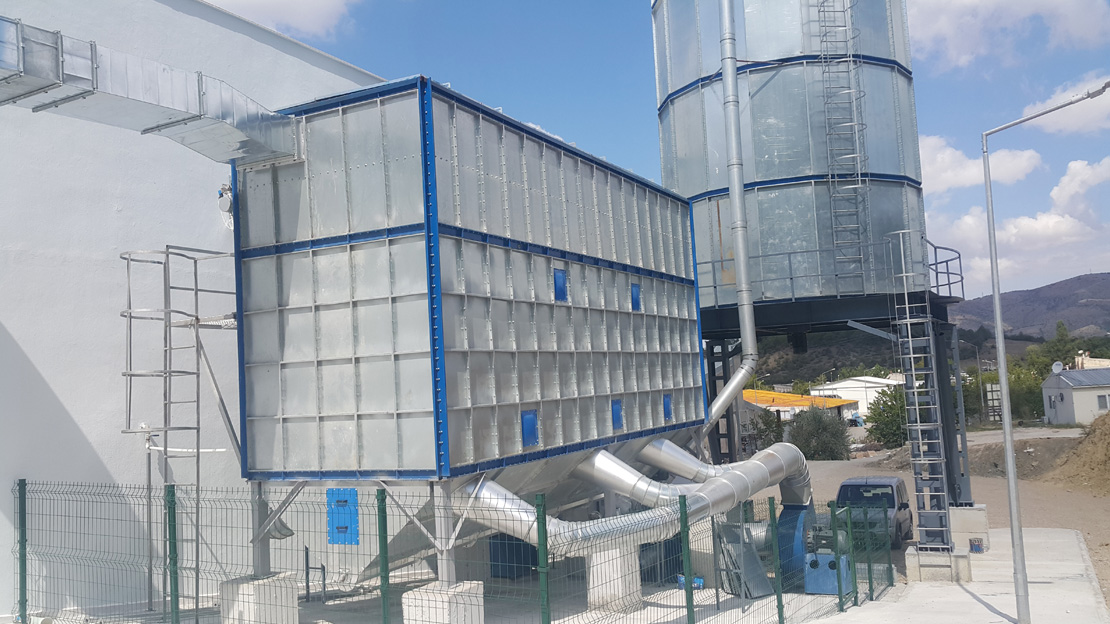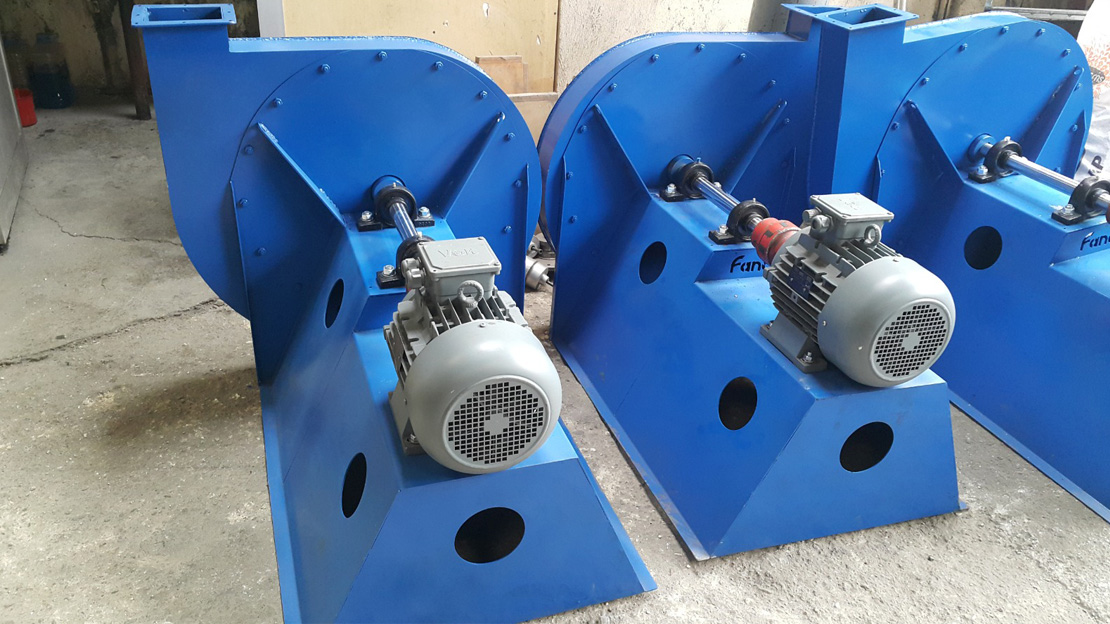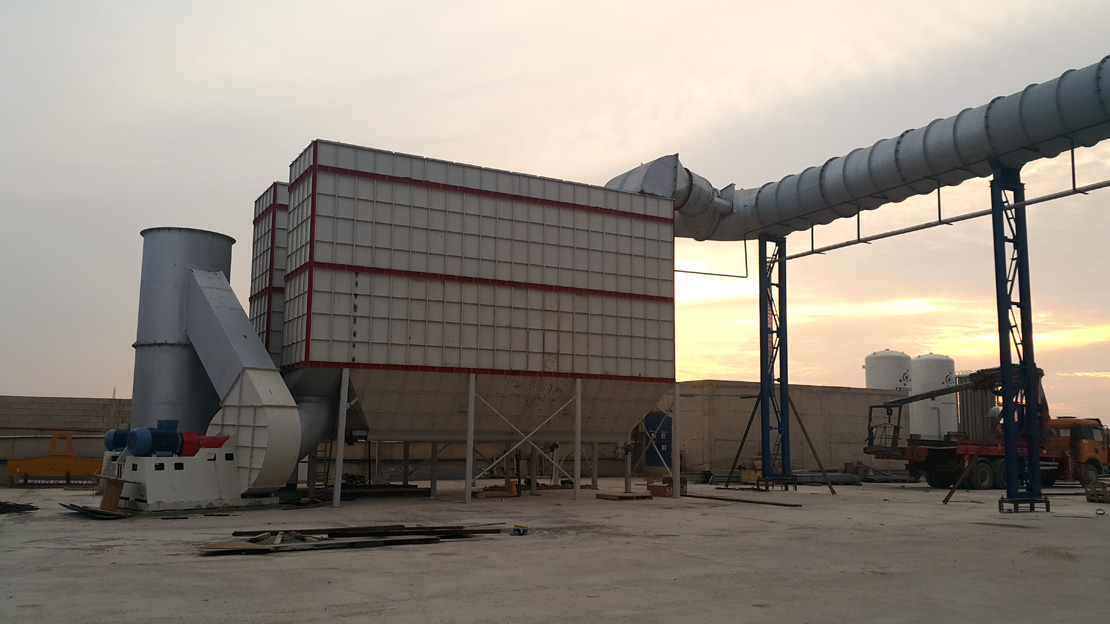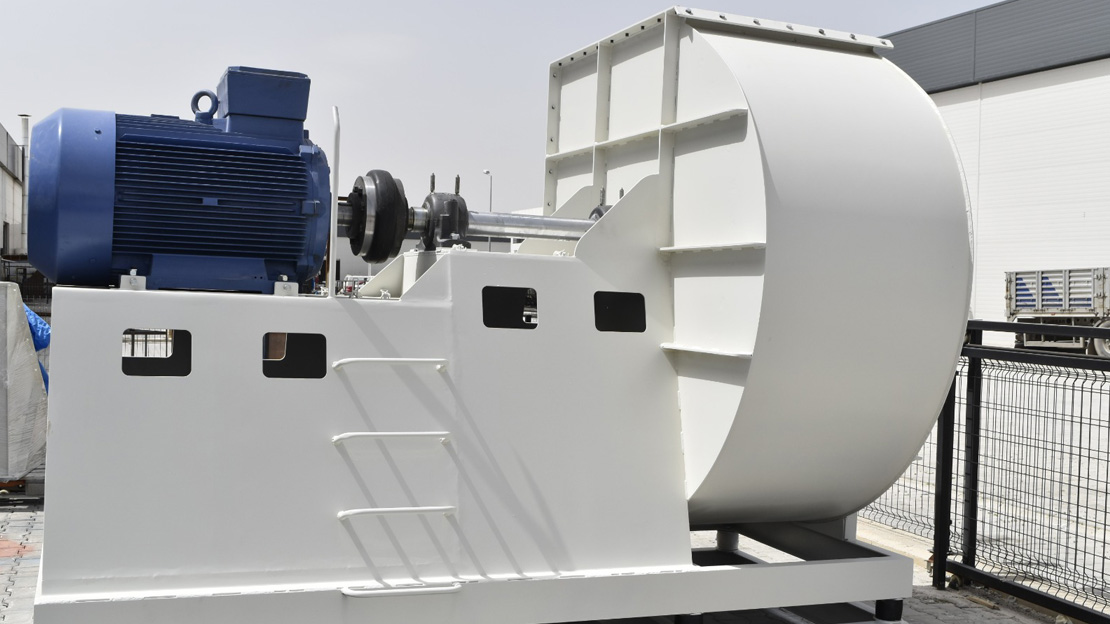








dust collector meaning dust collector or dust collection system is a system that cleans particulate pollutants in the air in production facilities, workshops and industrial complexes. the system cleans the air by passing it through a series of airtight filters. after the air is cleaned, it is exhausted or recirculated after reaching the appropriate emission standards. as environmental concerns grew, dust collection systems became a necessity for industries that produce large amounts of dust particles and ambient gases. manufacturers of dust collection systems are required to comply with strict government guidelines and assure customers of the efficiency of their systems and compliance with epa, nfpa, and msha standards. how does dust collection system work? simply put, a dust collection system is designed to remove airborne particles produced during a manufacturing process. this short description is an oversimplified ingenuity required to design and manufacture a way to capture harmful pollutants. key components of a dust collection system include a blower, dust filter, cleaning system, hopper and particulate matter collection means. common types of dust collection equipment include fabric filter bag chambers, inertial separators - sometimes referred to as mechanical cyclones, cartridge collectors, wet scrubbers, and electrostatic precipitators. bag dust collectors are the most widely used as they have an efficiency of 99%. the types of pollutants removed vary by sector. dust collector manufacturers design and develop equipment to specifically meet the needs of each environmental condition.
dust collection system scope dust collection systems have ducts to draw air, an air cleaner and a dust collector. these core items are configured differently for each system type. the first thing to consider when designing a dust collection system is the ductwork, which appears simple but must be carefully considered to ensure proper performance of the system. the size of the pipe used depends on the tool size, the air requirements, the length of the pipe needed, the number of machines serviced and the types of particles removed. the design below is a single machine dust collection system with the required pipe size for this configuration. while a fan or blower may have a simple design, several factors need to be considered when installed in a dust collection system. the first of these factors is the volume of air that must be transported. this is measured in cubic feet per minute (cfm). the next consideration is static pressure throughout the entire system. other variables are temperature, airborne substances and humidity level.
Bu site çerezler kullanır. Sitede gezinmeye devam ederek çerezlerimizin kullanımını kabul etmiş olursunuz.
Daha fazlası